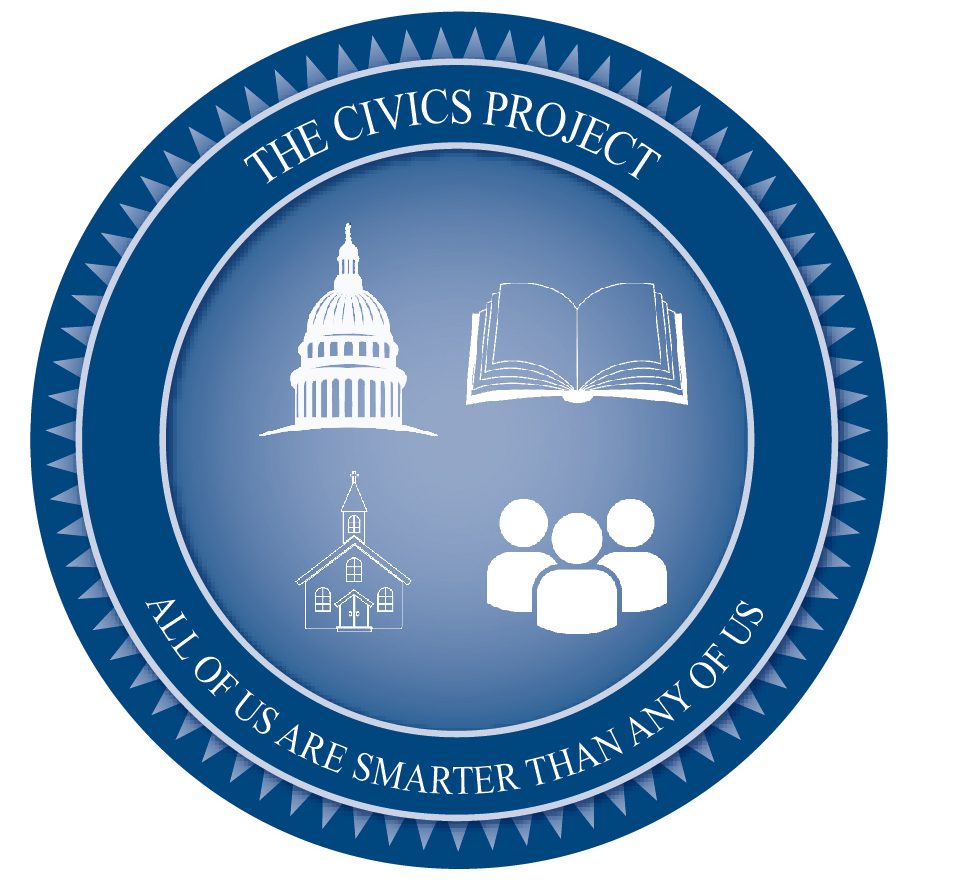Civics = You + Everyone else + a set of rules
Civics is not government. It’s how we live together. There are rules and norms. If we don’t understand civics we can’t improve the community. If only some people understand the rules the possibility exists those people might use the ignorance of others for their own benefit.
Therefor, civics is about education. Once everyone understands the structure, rules and their responsibilities within the community the community operate to the full benefit of everyone.
Listening and reading are important, but we learn best when we participate. Which is why the civics project is built to rely on the community to research it’s own rules, assets, liabilities and outcomes.
We’ve organized civics into five distinct area’s of focus:
| The Economy Planning Government/Political Process Education Media/Journalism/Communication |
Many of the area’s of focus will overlap. This is essential. All are part of the whole; all exist within each other. Nothing is exclusive.
| The Economy – Economic Development/The Economy; – The census – who lives here, what are the economic characteristics; – City budget/government spending; people, census data; – Public Budget: Where does the tax money come from/where does it go – micro: how much does each block, building, person pay; | |
| Planning – There is a written master plan for the city. Is it being followed; – What are the common goals of the community. Is everyone on the same page; | |
| Government/Political Process Does talking about the political process make this a political organization. Of course not. Politics and government are large and essential components of civics. Elections are the cornerstone of society. Competitive campaigns taking place on a level playing field. – What form of government does the community have; – What are the issues being discussed by the city and do they match the plans, economy and goals; – What is the political process like compared to other localities; – Completely analyze and describe of governmental structure/operation. Who does what. | |
| Education – What is civics; – Textbook civics vs civics-in-action; – Global specific: Niagara Falls, N.Y.; – Educational components for: – Civic duty – vote/support; – Civic duty – obligations of those in positions of authority; – High School level civics: who does what; how is government constructed; – College level civics: the levers of power, what is control, and how can you get control; – Continuing education/citizen education: where does all the money go? What do I get for civics; | |
| Media/Journalism/Communication Perhaps the most important component of Civics is news, and all that word constitutes. We may never have perfect information, but we do need to strive for a volume of information around with a truthful picture of society is formed. |
